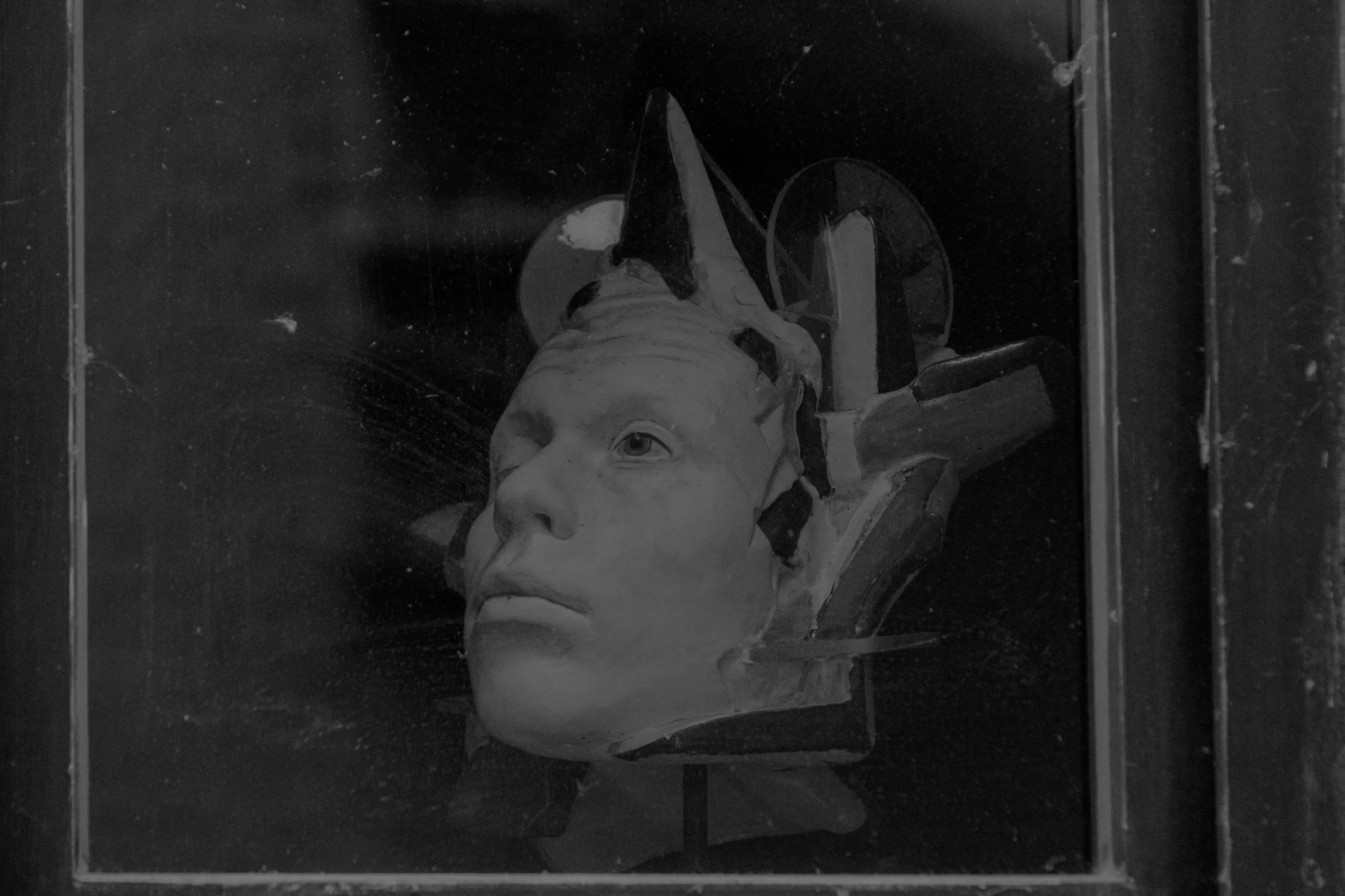values?
A friend who rents properties in Athens recently told me that thieves now walk past beautiful original art to steal an iPhone. What can we read into this? There seems to be a decreasing circle of people who care if art is human generated or not (alas, we now need to define it as human generated!). Is it coincidental that critical thinking, personal expression, and even polite conversation with strangers all seem to be diminishing in our world? Values are more likely to be short term, synthetic shows of identity and worth, often living in the ‘digital’ space. A few years back I saw someone rush up to an airport Oyster bar, to take a selfie with a half guzzled champaign glass in hand, as if it was theirs. The feverish, head-down posting that followed, was oblivious to onlookers watching the show and tittering. My issue is that now, no-one would even titter!
How does community, family and empathy rank in people’s lives now, as opposed to 50 years ago? We’ll never know, but our connective tissues to these essentials also seem to be eroding.
And what about the word “beautiful”?, This has always referred to our immediate response to a frequency - one that engages our emotional side, our feelings. We stop and give time to it, exalting its impression on our positivity and wellbeing. Generally, this is a response to a human, an endeavour in art, or the natural world. But screens (in particular the ones we carry about) are dominating attention and thought patterns, distorting or replacing things we’ve long held to be ‘beautiful’. Further, they convert our scrolling / clicking habits into algorithms, numbing us into an echo chamber vortex of our plastic, instant gratification needs.
It’s not all bad of course, as arguably the ubiquitous social media, in all its guises, has liberated the sharing of meaningful ideas and positive perspectives. But it’s the underlying habits that are eating away at us.
We generation Xs are holding on by our fingernails - principally because we remember the ‘before’, but huge swathes of our millennials (Y), Zs, Alphas and Betas are progressively in trouble. Responsibility therefore falls upon folk from these generations to be instilled with a deep sense of morality, and to create freely, individually, and collectively without instruction from the controllers of their minds! C’mon the kids!!
conversation
An easy word to understand, but actually, an art that’s suffering at the hands of optimising technology – algorithmic social media and the many emerging forms of AI. As clever and potentially ‘useful’ (a whole expansion needed here) as AI is, it’s not difficult to see how it might fold in on itself over time when one sees it drawing on less and less original human thought as we develop a society that relies more and more and more on it, for our articulation and/or social interactions.
poetry
Over time, many have been attracted to the linguistic romanticism of poetry. It can make us laugh, cry or just muse. Distracting us from the mundane, it can connect us with deep, dreamlike emotions that find a way of expressing the otherwise unexplainable. But, like many forms of artistic expression, poetry rarely attempts to fully explain, instead connecting us to a personal emotional gateway. Always interpretative, this allows us to respond individually, which is counter to the order of things through rules, systems, and cultural ‘acceptability’. In spite of the explosion of ‘AI poets’, poetry, generated by humans, should fight on! So take a blank sheet and throw some words at it. It doesn’t have to be structured or rhyme, just let it flow, (Mine’s easy to tell as it’s too ‘bad’ to be AI).
we rote:
Our progressive reliance on technology is layered upon a society influenced by its early education systems - largely defined by a ‘learn by rote’ approach. This forms a reliance on being told what to think and to repeat it verbatim, (the more accurate the repetition the better the (exam) results) and clearly is an early habit forming behaviour. Of course, there are exceptions and/or exceptional teachers who infuse a sense of individualism in children, but the system (varying from culture to culture) is fundamentally based on a prescribed curriculum through which we are all funnelled. That’s not all bad as repetition helps memory and gives structure, but has it gone too far for too long?
The result is that you have to work hard, be resolute and exhibit serious ‘talent’ to justify and succeed on a pathway that challenges the status quo. You also have to concede to the notion that you will be an ‘outcast’ of some type as a result. Is this by design?
A potential antidote to all this, is the liberation of peoples creativity. The innate sense of ideas, perspective and self-expression that is within us all.









